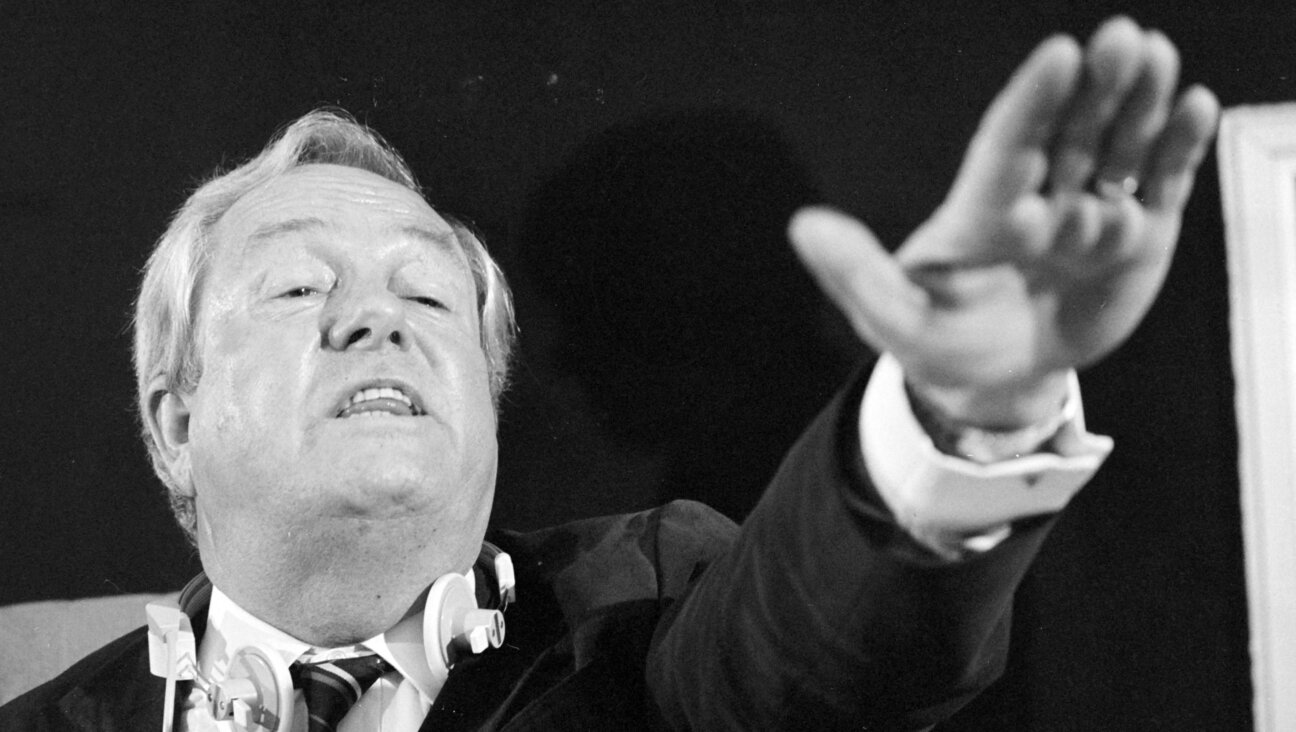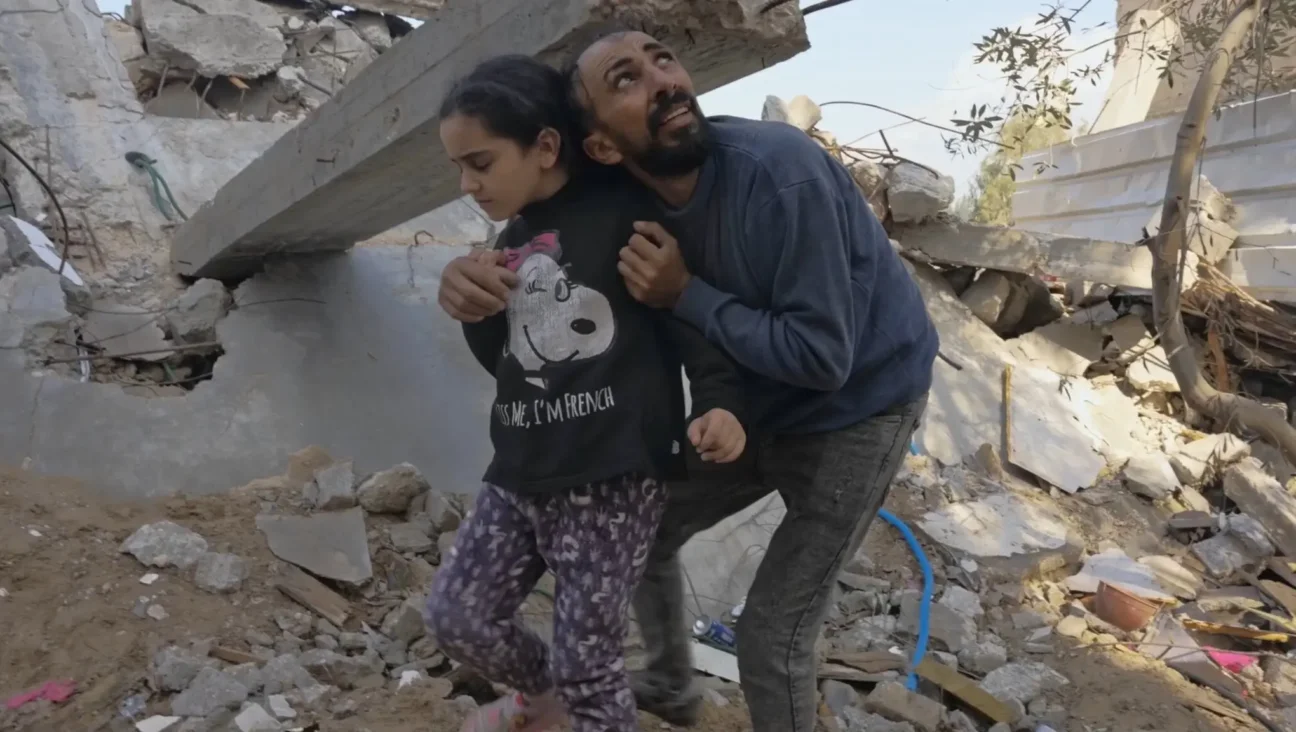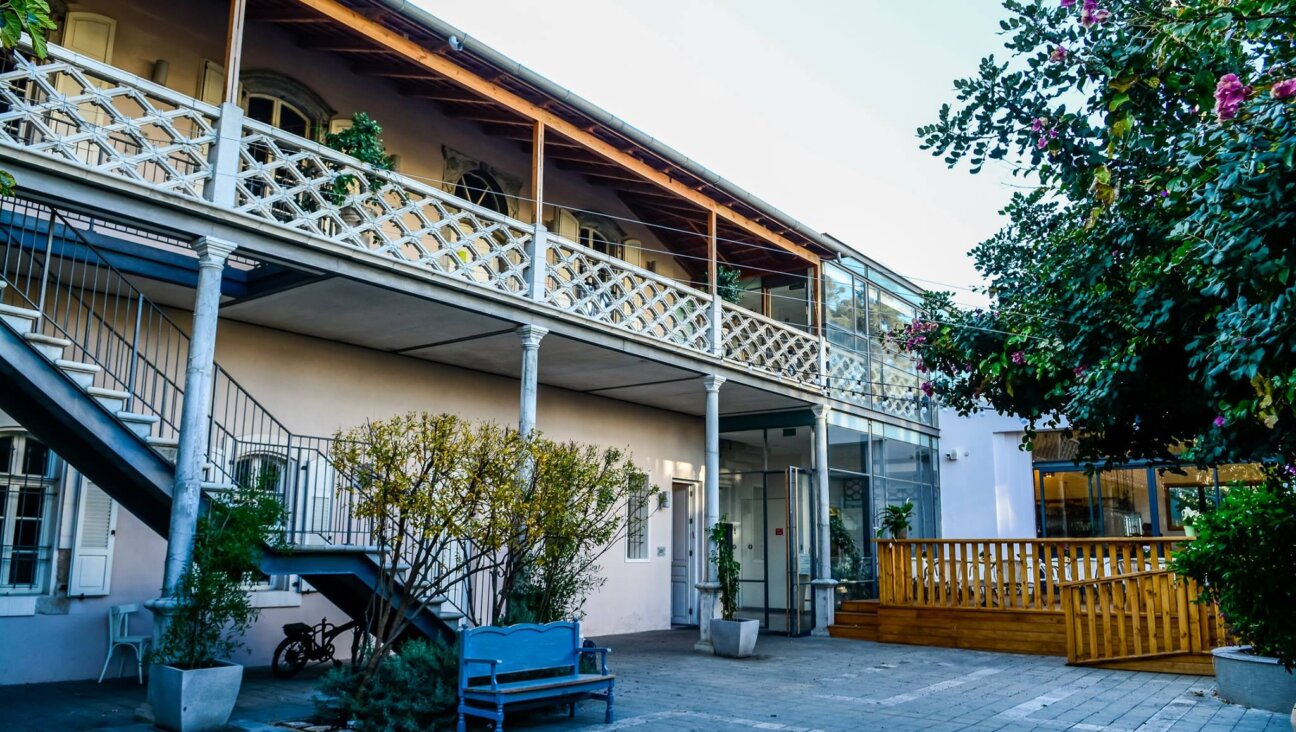Depriving Orthodox Children Of Education Hurts Our Communities

Image by iStock
Last April, passage of the New York State budget was delayed by a state senator’s contending there ought to be a separate, and weaker, standard for educating some children attending New York State’s non-public schools.
For decades, New York State required all school age children to be provided with a comparable program of instruction whether attending a public school or not. The requirement is based on the idea that all children attending public or non-public schools in New York State be prepared for their place in society.
The requirement called for children attending non-public schools to receive instruction that is substantially equivalent to that provided in the public schools, that is, to be prepared to function productively as civic participants capable and motivated to vote, competent to serve on juries and to develop skills for competitive employment.
Prerequisites include the opportunity to participate in art classes, career development and occupational studies; English language arts; health, physical education, family and consumer sciences; foreign languages; mathematics, science and technology and social studies; and faculty adequately trained to teach those subject areas.
Advocates for less defined, weaker standards for certain non-public schools oppose the requirement. If weaker standards prevail, this will demean the vibrancy and harmony of the East Ramapo community, as well as those throughout New York State.
East Ramapo is unique: Non-public school students outnumber public school students three to one. Public school students are predominantly children of color, whereas for all intents and purposes, the non-public schools advocating for weaker standards are comprised entirely by Jewish students.
Rather than focus only on differences, it may be helpful to identify areas of commonality, one of which is the value each community places on education.
In the interest of the community’s vitality and very survival, let us come together and embrace the opportunity to support the State’s vision for equivalent education standards and expectations for public and non-public schools. While we’ve come from different cultures and experiences, unless all children receive an education preparing them to be productive citizens in today’s world, we all stand to pay a price.
As Martin Luther King Jr. stated, “We may have all come on different ships, but we are in the same boat now.”
Willie J. Trotman is the president of the Spring Valley NAACP. Oscar Cohen is the educational director of the Education Committee.
A message from our Publisher & CEO Rachel Fishman Feddersen

I hope you appreciated this article. Before you go, I’d like to ask you to please support the Forward’s award-winning, nonprofit journalism so that we can be prepared for whatever news 2025 brings.
At a time when other newsrooms are closing or cutting back, the Forward has removed its paywall and invested additional resources to report on the ground from Israel and around the U.S. on the impact of the war, rising antisemitism and polarized discourse.
Readers like you make it all possible. Support our work by becoming a Forward Member and connect with our journalism and your community.
— Rachel Fishman Feddersen, Publisher and CEO























